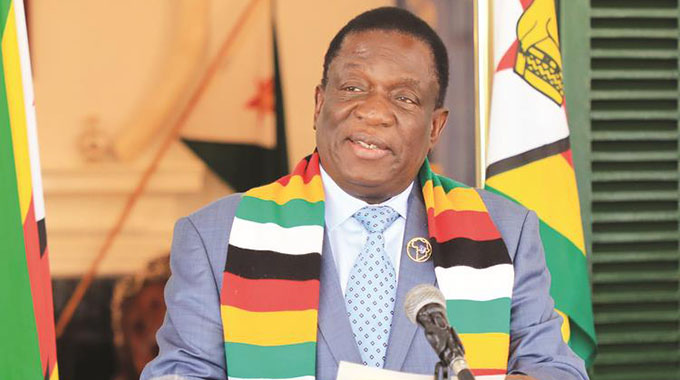Civil servants offered 100pc

Herald Reporters
The Government has offered civil servants close to a 100 percent pay rise in a move that will result in the least-paid worker getting $2 033, up from $1 023 per month. It also promised to pay, next week, $750 as cushioning allowance for December last year. Civil servants, however, rejected the offer and demanded the equivalent of US$475 for the lowest-paid worker.
Already, parents at some schools have started paying teachers incentives in foreign currency to stop them from going on strike and to take their children for extra lessons.
Those with children in exam classes convened meetings where they set up committees that would be responsible for the teachers’ welfare.
Each parent reportedly agreed to pay teachers between US$10 and US$20 each per month for extra lessons and to keep them motivated.
Civil servants were last awarded an increment in August last year, which resulted in the least-paid worker taking home $1 023 per month.
Apex Council chairperson Mrs Cecilia Alexander said: “Negotiations between the Government and the civil servants will continue until we reach an agreement. Government tabled its offer, but we feel it’s not enough. We are now going back to our members as we continue to negotiate.
“Our position is that Government should give us salaries equivalent to interbank rate of US$475. We want salaries which are equivalent to the ones paid in October 2018 when the salaries were pegged in US dollars, equivalent to bond notes.”
Mrs Alexander said they expected the Government to table an offer which was in line with the prevailing economic situation.
The Apex Council, the representative body for civil servants’ unions, will meet on Monday to map the way forward.
The Government was represented by Mr Moses Mhike, who is the head of Human Capital Development in the Public Service Commission.
Mr Mhike, however, refused to field questions after the meeting.
Parents with children at Selbourne Routledge, Houghton Park Primary, David Livingstone Primary, Marimba Park Primary and Haig Park Primary school in Harare said they were giving teachers groceries to make their lives bearable and devote most of their time to teaching their children.
Acting Minister of Primary and Secondary Education Professor Amon Murwira said extra lessons were not encouraged as teachers were supposed to deliver fully within normal working hours.
“I have not seen any policy on that issue. If you are a teacher you have to teach me everything during the normal periods. We are not encouraging parents to pay for extra lessons,” he said.
Progressive Teachers’ Union of Zimbabwe (PTUZ) secretary-general Mr Raymond Majongwe said while teachers were poorly paid, they were expected to deliver quality services.
He commended parents for taking the initiative and shot down critics of the incentives.
“Teachers are not to be blamed for the extra money for lessons they are offering in their spare time. There is nothing wrong with that. In fact, parents are the ones who offered incentives to teachers and they willingly pay for those extra lessons. So it is those who can afford to pay who pay. Regardless of poor salaries, teachers are always offering quality service to pupils,” he said.
Most parents, who spoke to this publication, said they hope the incentives will ensure quality education for their children and stop teachers from downing tools. However, some felt that the extra payment was unjustified.








Comments